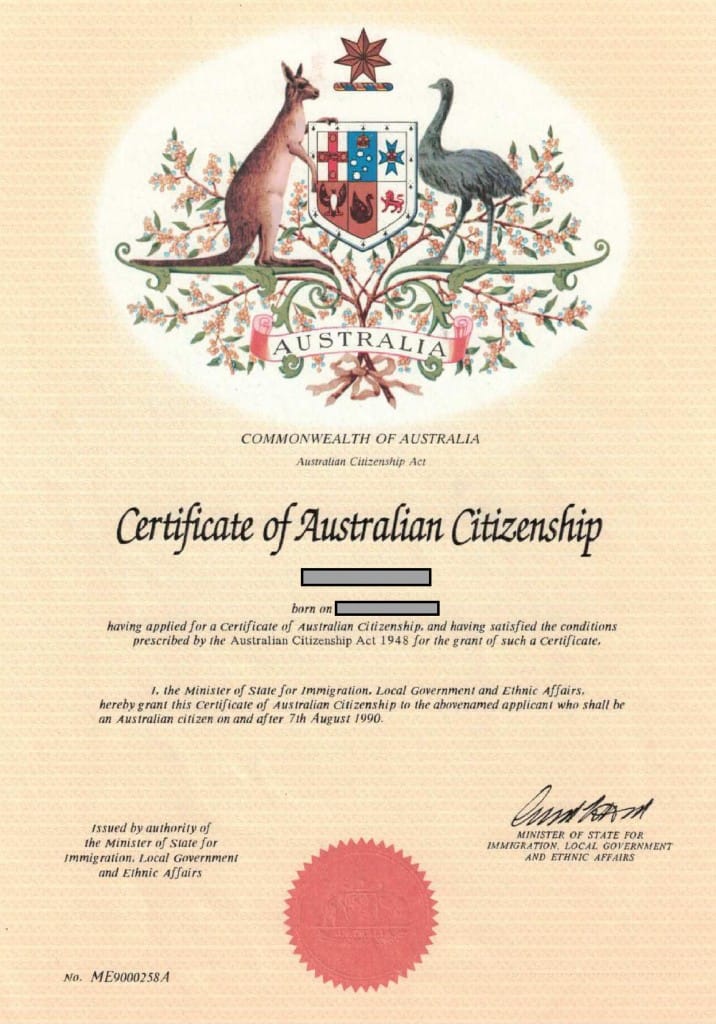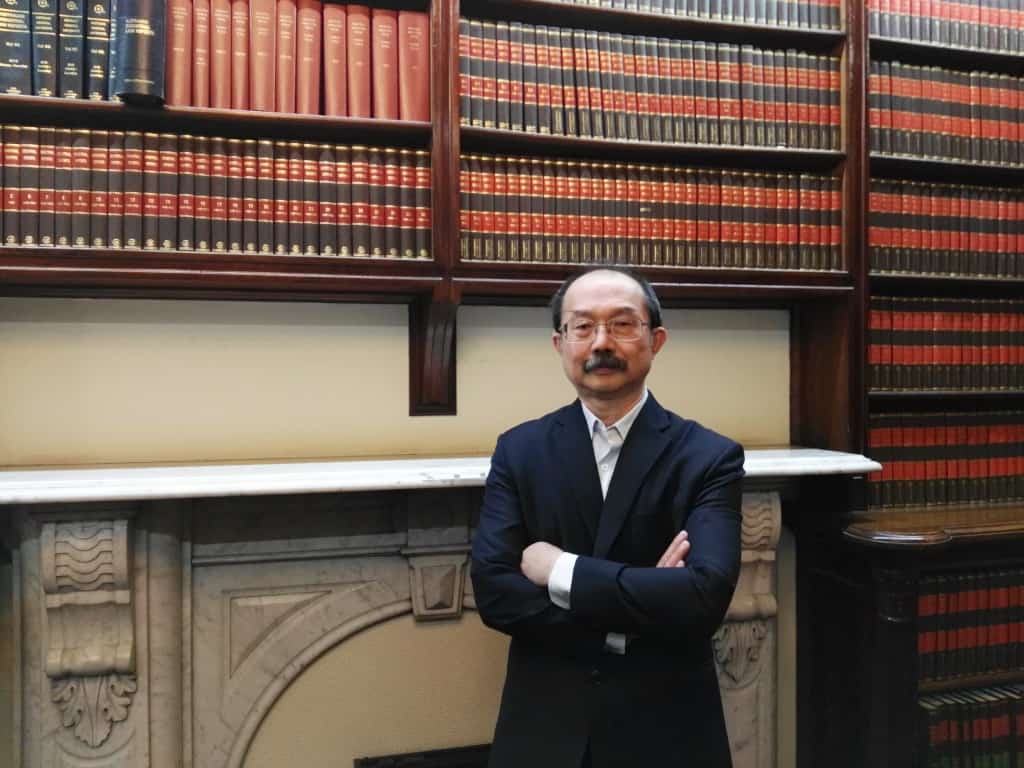
Australian citizen test – if you apply for Australian citizenship by conferral under section 21 of the Australian Citizenship Act 2007, you will be required to satisfy the Minister, amongst other things, that you understand the nature of the application, possess a basic knowledge of the English language and have an adequate knowledge of Australia and the responsibilities and privileges of Australian citizenship. You can only satisfy these requirements if you have successfully completed an Australian citizenship test.
You are required to score at least 15 out of 20 in the Australian citizenship test.
Australian citizenship test – do I have to sit for the test?
Generally, all applicants will have to sit for the Australian citizenship test unless you are granted an exemption under subsection 21(3)(d) of the Act. You may be granted an exemption if you have a permanent or enduring physical or mental incapacity at the time you lodge the application which would prevent you from completing the Australian citizenship test.
How do I get an exemption for not sitting the Australian citizenship test?
You will need to provide sufficient evidence to show that you have an incapacity that would satisfy the criteria required to be exempt from taking the Australian citizenship test.
You should note that if you suffer from depression and generalised anxiety disorder and you have letters from your psychologist confirming this, this may not be enough to satisfy the exemption criteria (see Akhlaghi and Minister for Immigration, Citizenship, Migrant Services and Multicultural Affairs (Citizenship) [2020] AATA 2837 (11 August 2020).
Permanent or enduring physical or mental incapacity
You may be exempt from completing the Australian citizenship test if the Minister satisfied that you (s. 21(3)):
- are not capable of understanding the nature of the application at that time; or
- are not capable of demonstrating a basic knowledge of the English language at that time; or
- are not capable of demonstrating an adequate knowledge of Australia and of the responsibilities and privileges of Australian citizenship at that time.
If you are able to satisfy the above, you are not required to sit for the Australian citizenship test in order to obtain Australian citizenship.
So, what is the meaning of “permanent or enduring physical or mental incapacity”? The Act does not define permanent or enduring physical or mental incapacity. However, the Citizenship Policy provides guidance and states:
…. To qualify, incapacity must be either permanent, or sufficiently long-term as to be enduring. An enduring incapacity is one for which there cannot be a predicted recovery, or where if there is, it is long-term and it would be unreasonable to expect the person to recover before becoming eligible for Australian citizenship. Examples may include a person suffering from long-term depression, post-traumatic stress disorder, or where a person has suffered a stroke.
A temporary physical or mental condition does not meet the requirement.
Applicants claiming permanent or enduring mental incapacity may provide evidence from a:
- psychiatrist who is a fellow of the Royal Australian and New Zealand College of Psychiatrists or
- medical practitioner who is a fellow of the Australian Society of Psychological Medicine or
- psychologist who is registered with the Psychology Board of Australia, has a practice endorsement in an area relevant to the problem, and is registered with Medicare for these purposes. Examples of psychologists who are likely to have a relevant area of practice endorsement are clinical psychologists, forensic psychologists and clinical neuropsychologists.
It is anticipated that people claiming a permanent or enduring physical or mental incapacity will have been seeing a specialist on a regular basis.
What do you need to be exempt from the citizenship test?
- your treating medical practitioner or psychologist must meet professional qualifications or areas of specialty;
- they must make reference to any testing they had performed;
- their reports cannot be based on what you have told them, or information received from another professional;
- they must make formal diagnosis of your condition;
- their reports must use words such as “not being capable of” and must not focus on why you cannot complete the Australian citizenship test.
Other reasons not accepted for exemption from sitting the Australian citizenship test
In the case of Mikha and Minister for Immigration, Citizenship, Migrant Services and Multicultural Affairs (Citizenship) [2020] AATA 3007 (19 August 2020):
- providing reports not from “appropriately qualified medical practitioner” or qualified psychiatrist, eg (a psychiatrist who is a fellow of the Royal Australian and New Zealand College of Psychiatrists)
- reports that do not contain information about whether your medical condition has a permanent or enduring physical or mental incapacity
- providing old reports – reports should contain contemporaneous evidence of your physical or mental capacity at the time of your application for Australian citizenship
- reports that do not provide a clear diagnosis of your condition or do not set out a process of psychological assessment or explain the basis of any diagnosis
- stop seeing appropriately qualified medical practitioner or specialist after a few consultations
In the case of Husseiyan and Minister for Immigration, Citizenship, Migrant Services and Multicultural Affairs (Citizenship) [2020] AATA 3011 (19 August 2020):
- reports from general practitioners who do not meet the definition of a “specialist”
- reports that do not state whether you have a permanent or enduring physical or mental incapacity
- reports that do not provide evidence to support a finding that you have a permanent or enduring physical or mental incapacity at the time you applied for the Australian citizenship
- providing conflicting reports from different specialists
Australian migration law and Citizen law are complex and difficult to understand, contact our immigration lawyer for a consultation (fee applies) regarding your Australian citizenship test. Click here if you would like to learn more about Australian citizenship and character requirements.

 041 222 4020 or WeChat: AUDvisa
041 222 4020 or WeChat: AUDvisa
This article is not intended to be or taken as migration legal advice. The author of this article disclaims any liability for any action or omission on the information provided or not provided in this article. You should always consult an immigration lawyer or a registered migration agent to form an informed opinion on your immigration matter.



